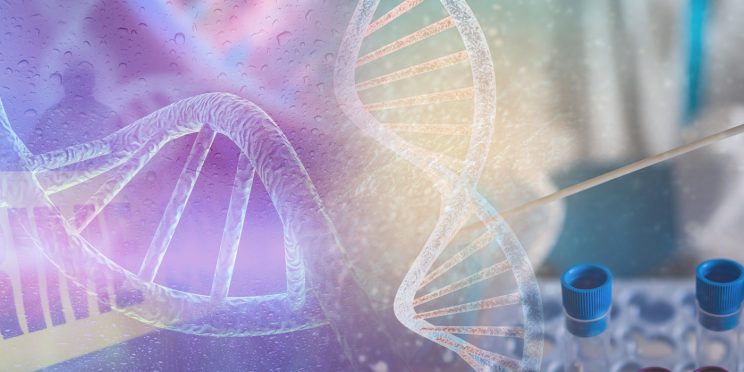Forensic Laboratory Needs Technology Working Group (FLN-TWG)
The National Institute of Justice (NIJ), in partnership with the Forensic Technology Center of Excellence (FTCOE) at RTI International, formed the Forensic Laboratory Needs Technology Working Group (FLN-TWG). The FLN-TWG supports NIJ’s mission to improve knowledge and understanding of the forensic technology needs of federal, state, local, and tribal forensic practitioners and crime laboratories.
Implementation Strategies: Proteomic Mass Spectrometry for Biology Fluid Identification
Date
February 2021
Overview
The proteomic mass spectrometry (MS) body fluid assay described herein is undergoing validation at the New York City Office of Chief Medical Examiner (NYC OCME). It is designed to detect multiple blood, saliva, and semen marker peptides using high performance liquid chromatography (HPLC) followed by multiple reaction monitoring (MRM) MS (employing an AB SCIEX Eksigent HPLC and 6500 QTRAP mass spectrometer respectively). The assay is unbiased, meaning no a priori knowledge of a sample is necessary before testing, because each sample is tested for all marker proteins. The assay is designed for high-throughput sample processing (~72 samples/day). On a volume basis, detection of each body fluid is in the nanoliter range (for both neat and mock forensic samples). According to Yang et al., sensitivity is at least 10 times greater than other presumptive or confirmatory methods, including chemical, immunochemical, enzymatic, and messenger RNA (mRNA) profiling.
Funding for this Forensic Technology Center of Excellence report was provided by the National Institute of Justice, Office of Justice Programs, U.S. Department of Justice.
The opinions, findings, and conclusions or recommendations expressed in this report are those of the author(s) and do not necessarily reflect those of the U.S. Department of Justice.
Contact us at ForensicCOE@rti.org with any questions and subscribe to our newsletter for notifications.




